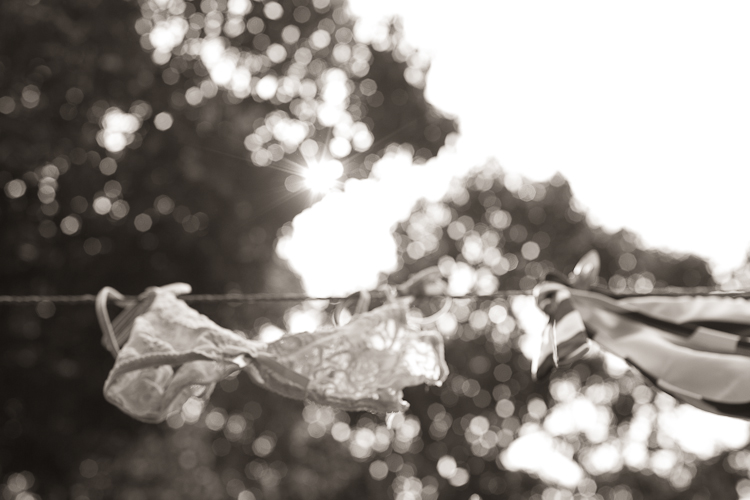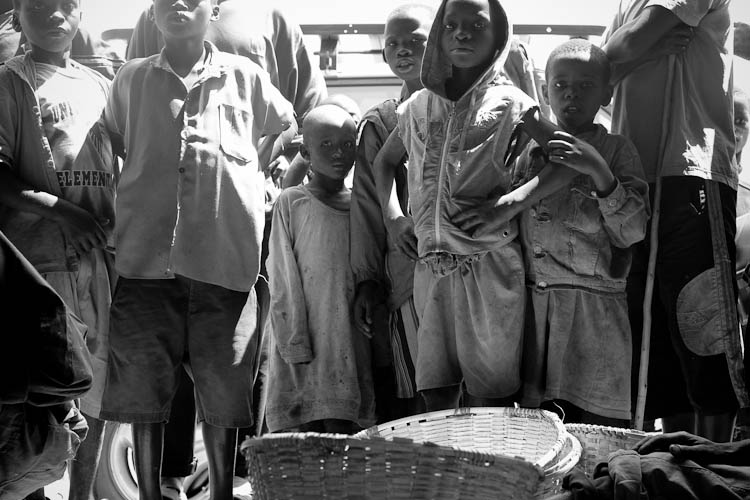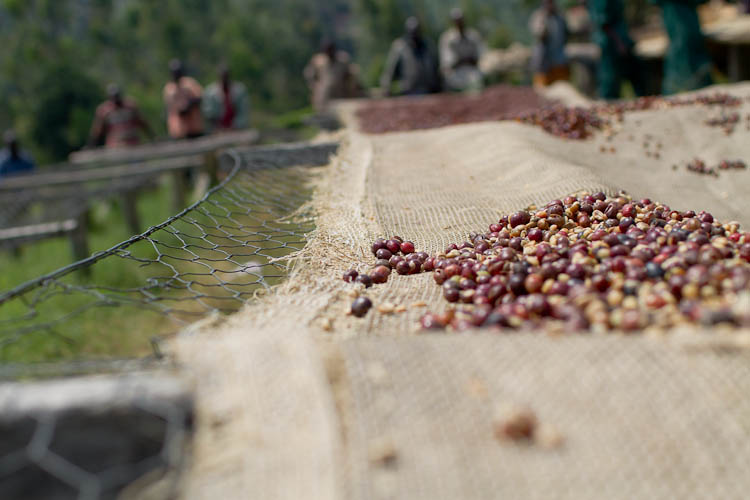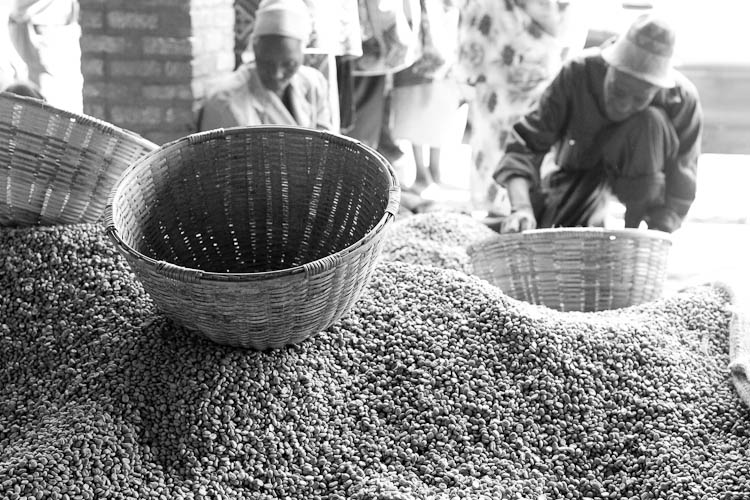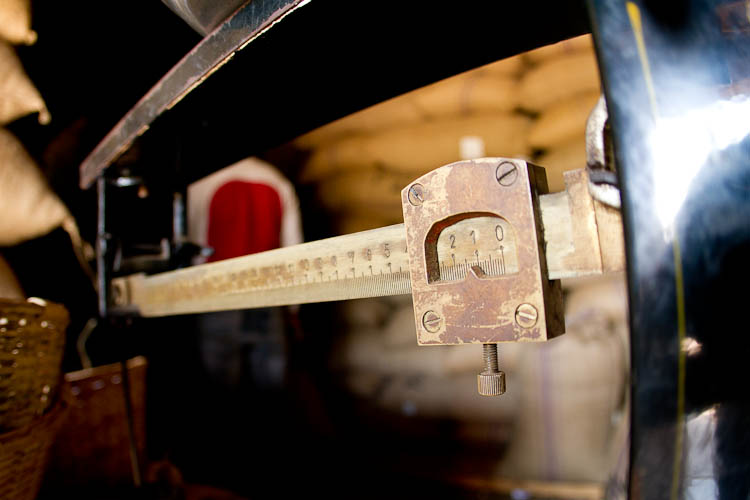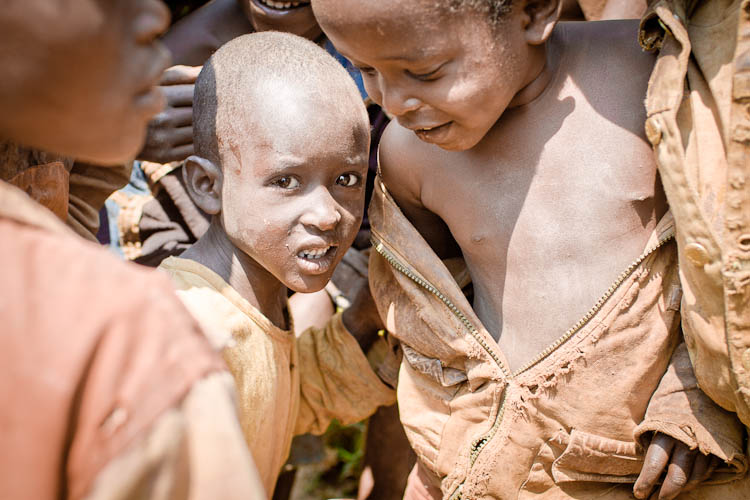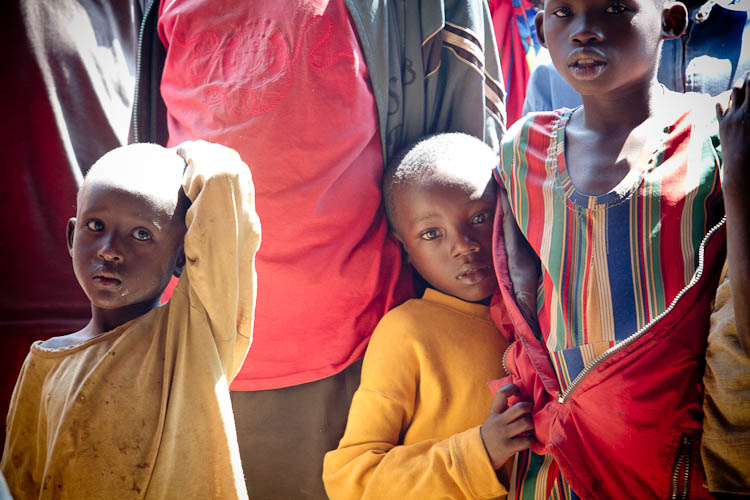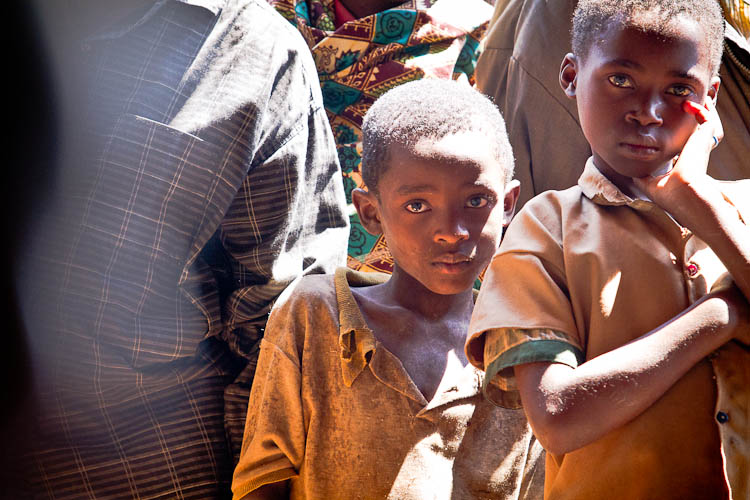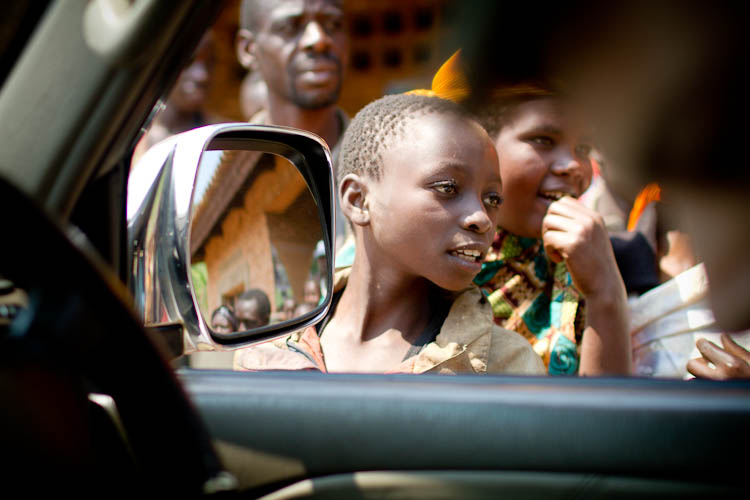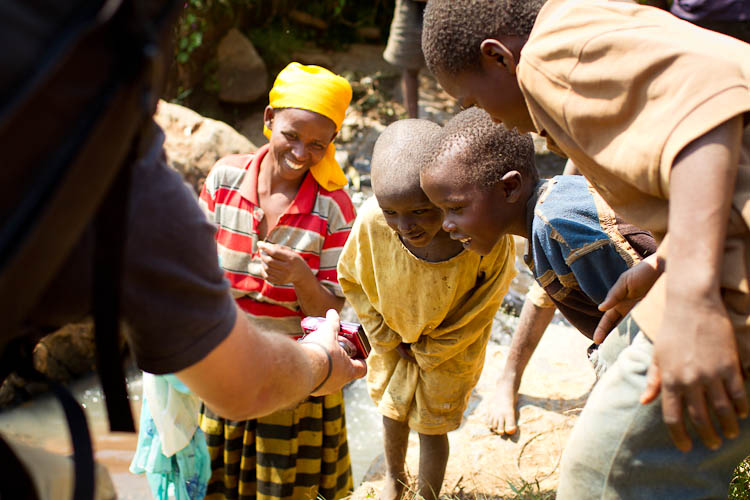 Sometimes, but not always, I think this might be too hard for me.
Sometimes, but not always, I think this might be too hard for me.
There is a frustration growing in my belly so intense I think I might explode with it.
It radiates, strengthens with each breath, and flutters around my insides like a caught bird.
Sometimes, but not always, this world makes me want to scream.
Loud.
So I did, and nothing happened
except a ripple of sourness from it touched every being in its path.
This world is full of suffering
corrupt, void of rules, hard, overwhelming, unjust and completely NOT MINE…
and yet totally mine, intensely beautiful and intensely ugly all at once.
One of my all time favorite women in the world
(and second mother to my kids)
left to return to South Africa today.
I tried to keep busy after she left.
I opened my computer to prepare the blog post of a life time.
Beautiful images from the coffee hills.
The first time I had been in the hills without a baby on my hip, thanks to her.
I was met with technical difficulty after technical difficulty.
It’s just not possible to share them right now.
This might seem little, and it is, but it rides on the back of something huge.
Feelings of frustration and aloneness.
Don’t get me wrong,
I am getting to know some beautiful souls here in Bujumbura.
There are people here who have a strength I may never know.
People with a vast faith in humanity and an amazing capacity for good.
They are incredible specimens of humanness…
and yet today,
as Thobe left, I wanted to run after the car shouting
“Take me with you!
Take me home!”
but there I stood, strangely and insanely rooted to this journey.
Love,
Kristy
 Let me be honest, and this is a little embarassing as the wife of a coffee aficionado, I just googled “what’s a dry mill.” Even thought I’ve been to one, I’m still not so sure what all the loud machines and grunt work are about.
Let me be honest, and this is a little embarassing as the wife of a coffee aficionado, I just googled “what’s a dry mill.” Even thought I’ve been to one, I’m still not so sure what all the loud machines and grunt work are about.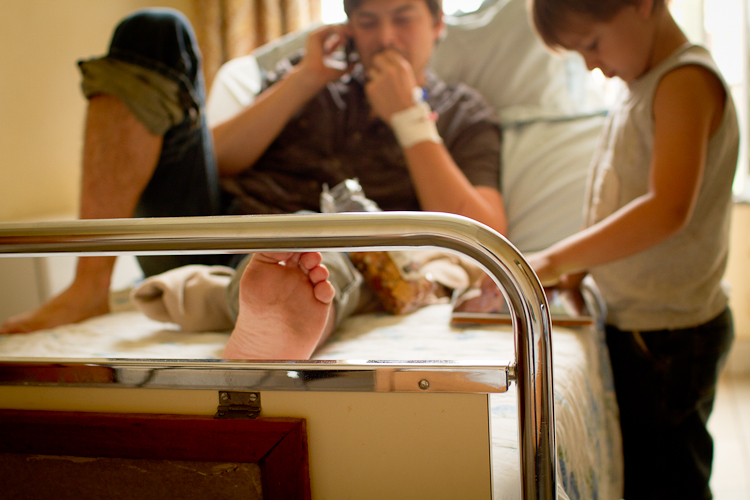 … I totally have this! I’m a rock-star! I can drive, sort of communicate, drop my kid off at a French speaking school every day like it’s no big deal, make friends… life is a breeze! Just at that moment, I realized I don’t have this. At all. After a busy week shuttling Ben and hosting visitors from all over the world for Burundi’s most crucial coffee moment this year, the Burundi Prestige Cup (a precursor to the
… I totally have this! I’m a rock-star! I can drive, sort of communicate, drop my kid off at a French speaking school every day like it’s no big deal, make friends… life is a breeze! Just at that moment, I realized I don’t have this. At all. After a busy week shuttling Ben and hosting visitors from all over the world for Burundi’s most crucial coffee moment this year, the Burundi Prestige Cup (a precursor to the 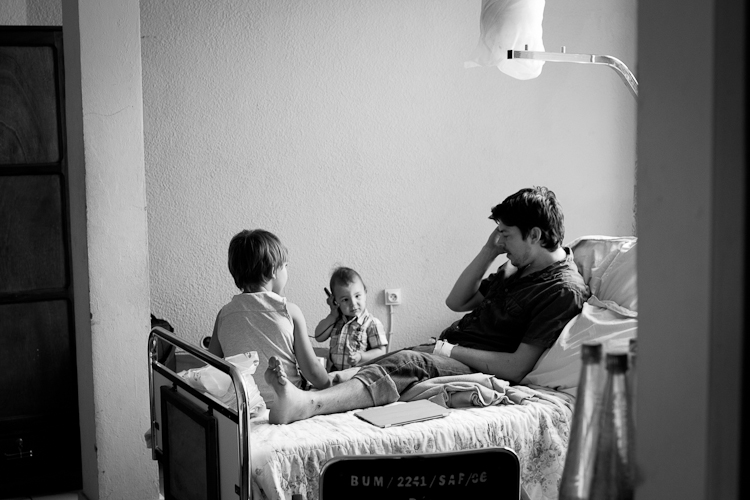
 Sometimes, but not always, I think this might be too hard for me.
Sometimes, but not always, I think this might be too hard for me.